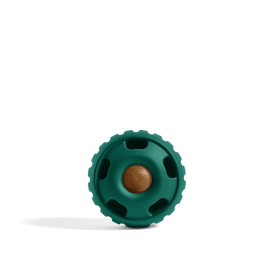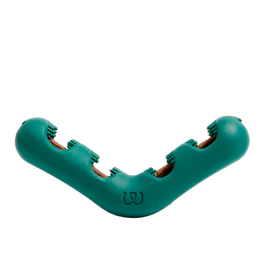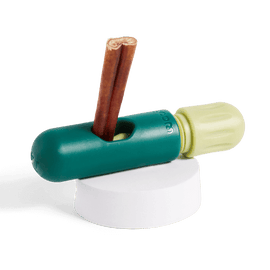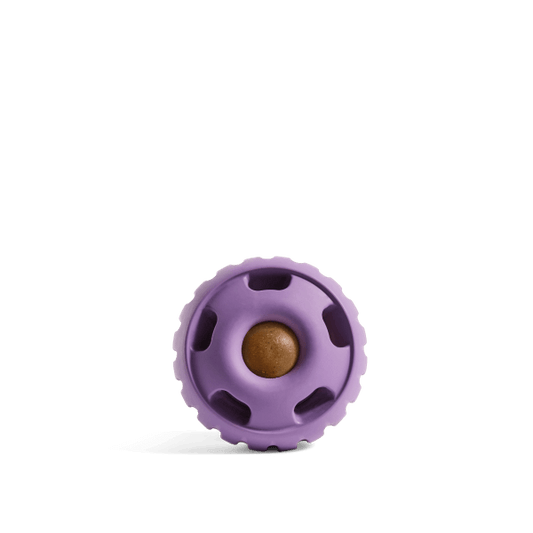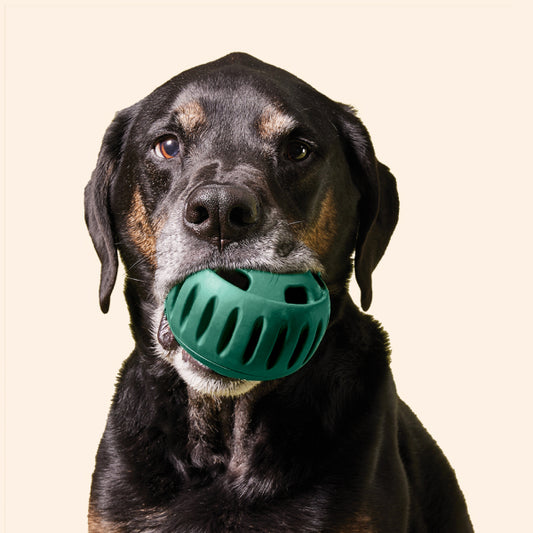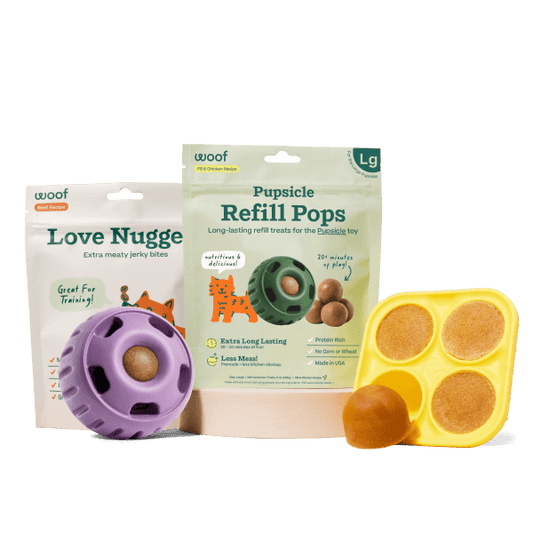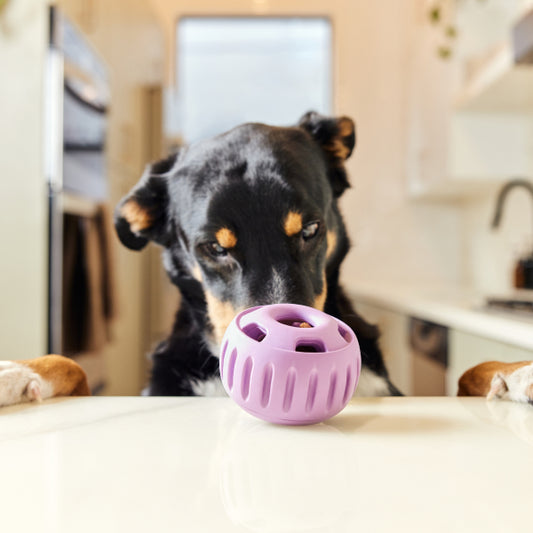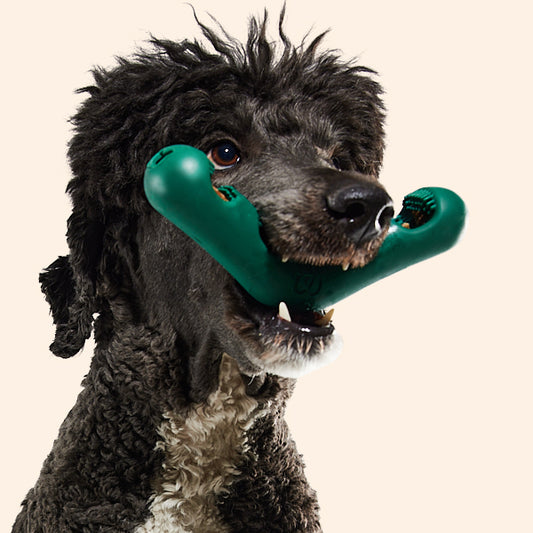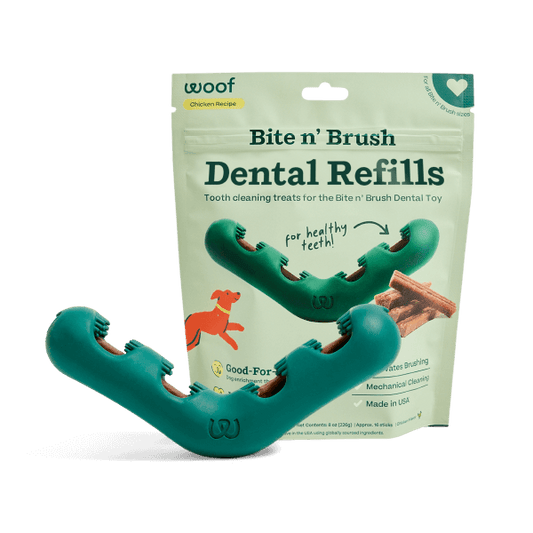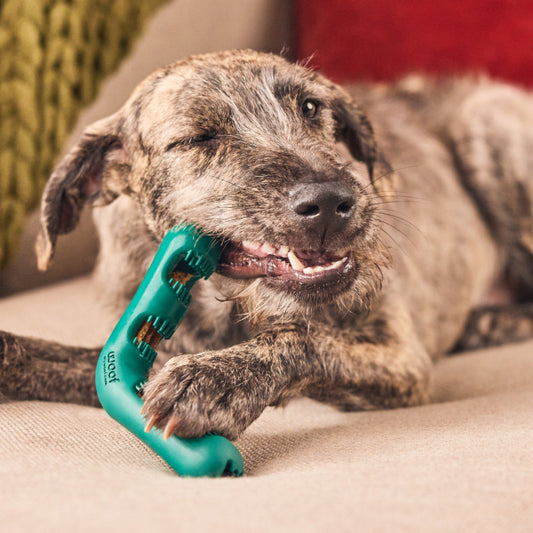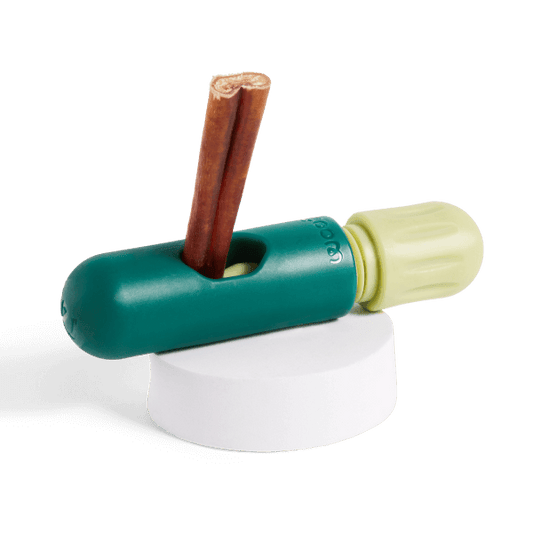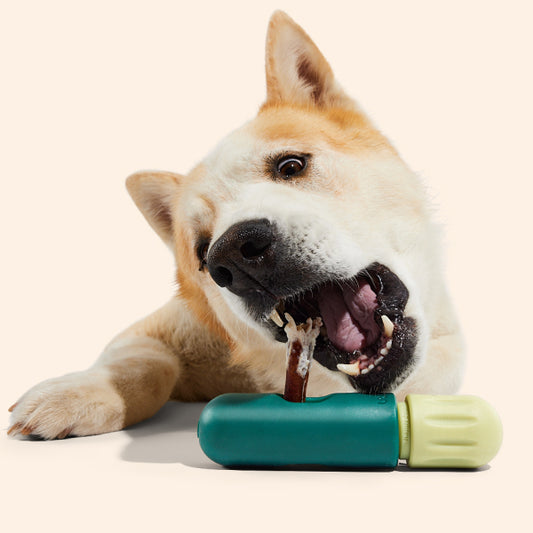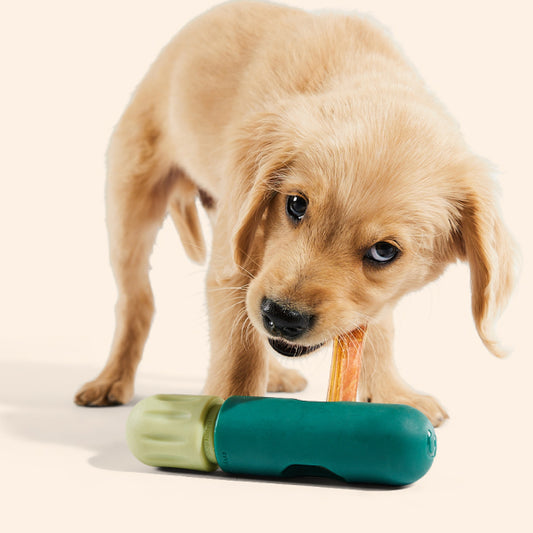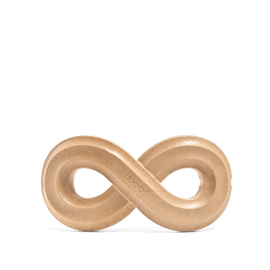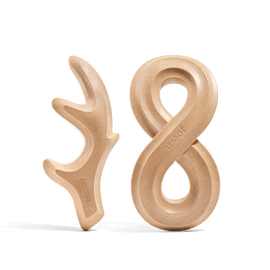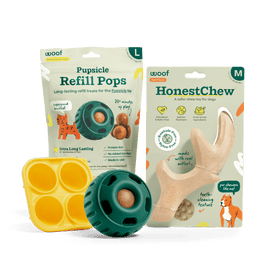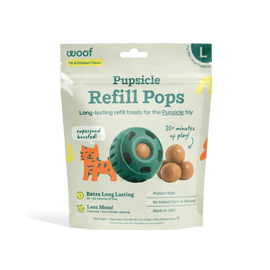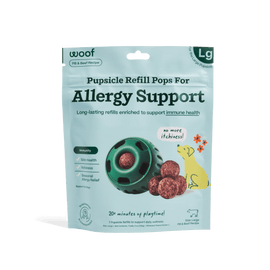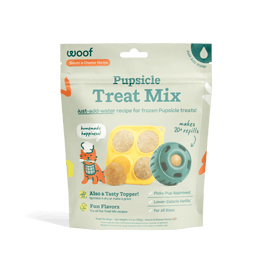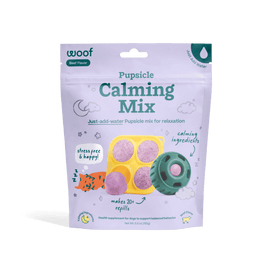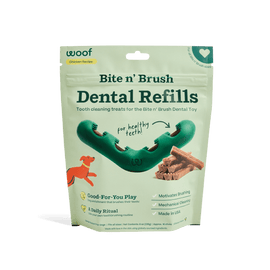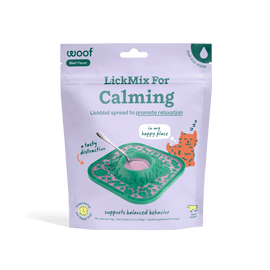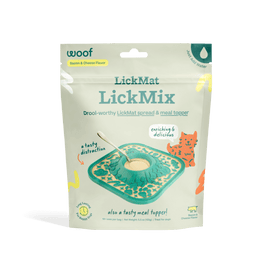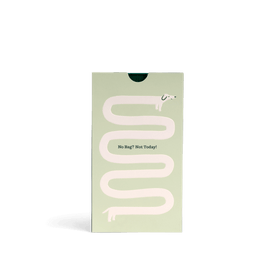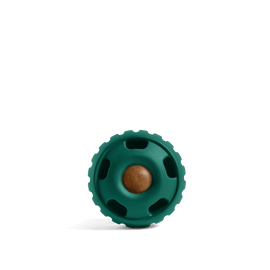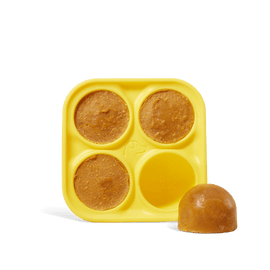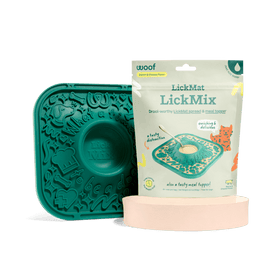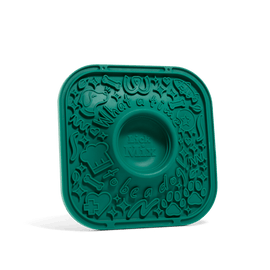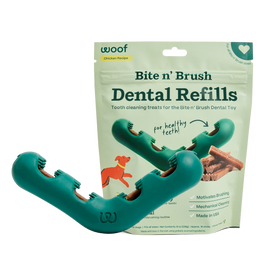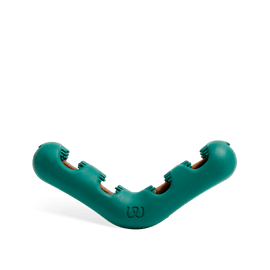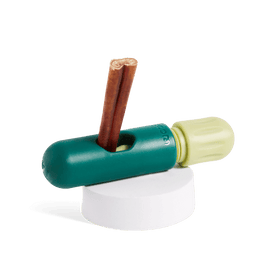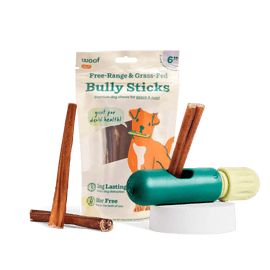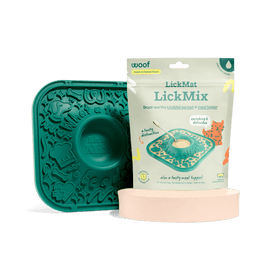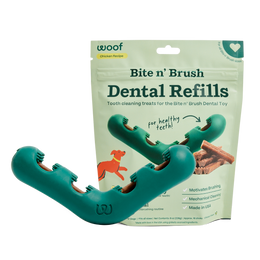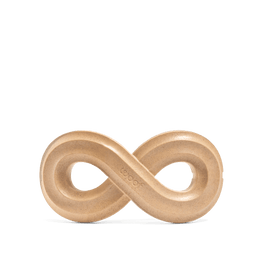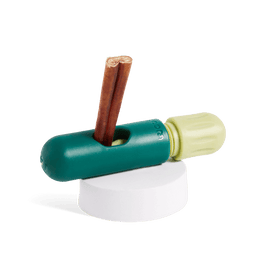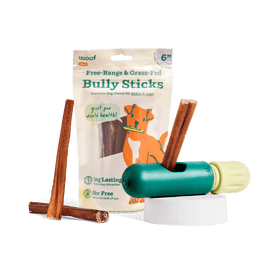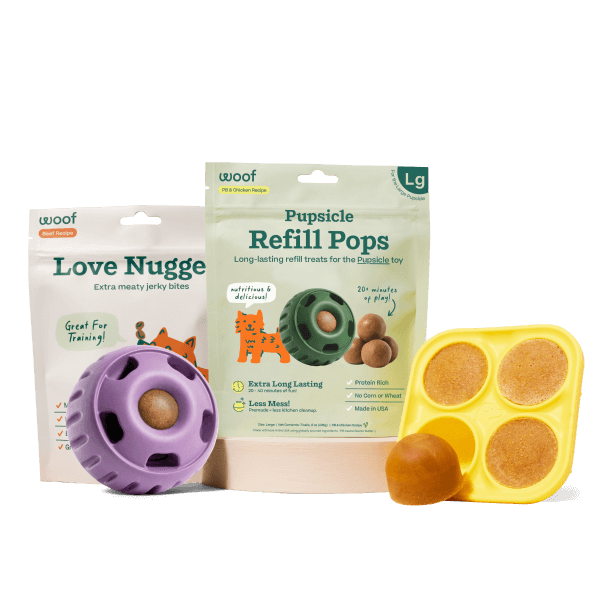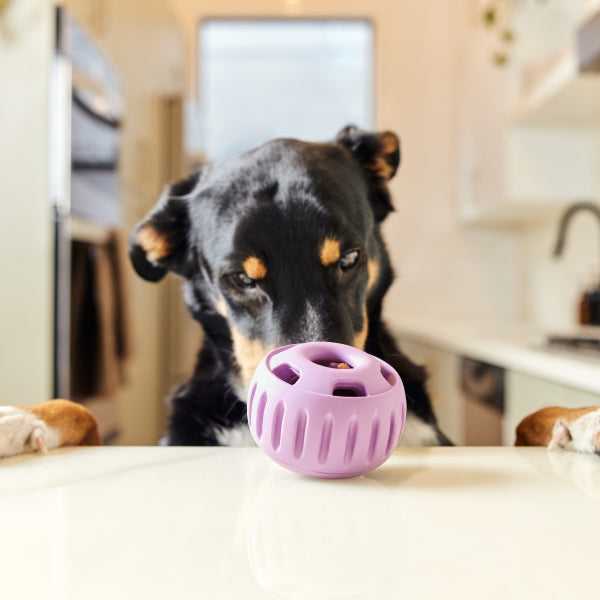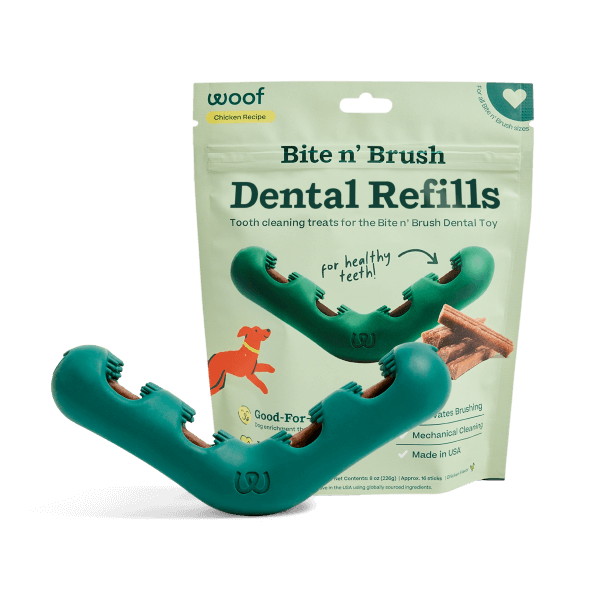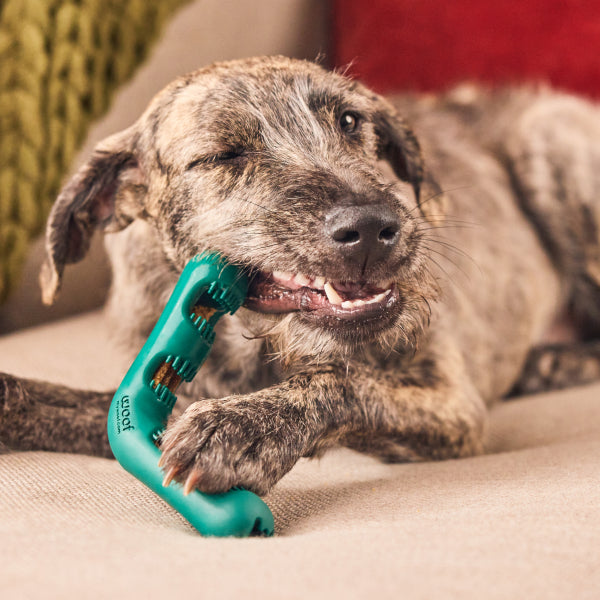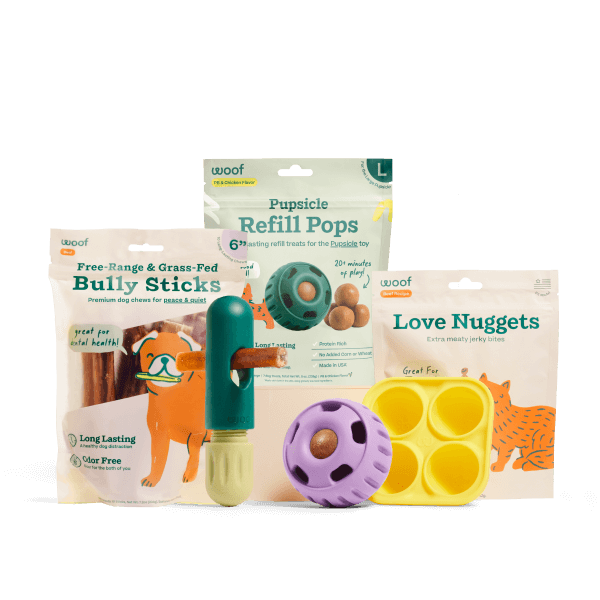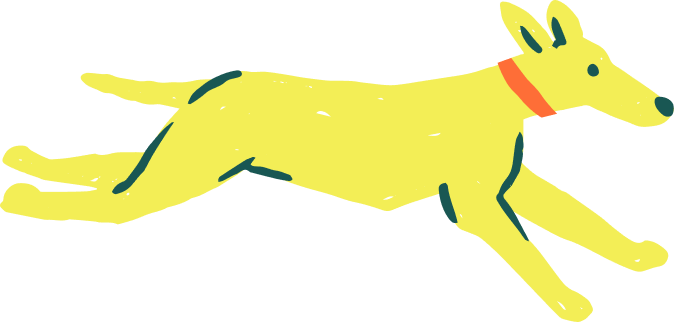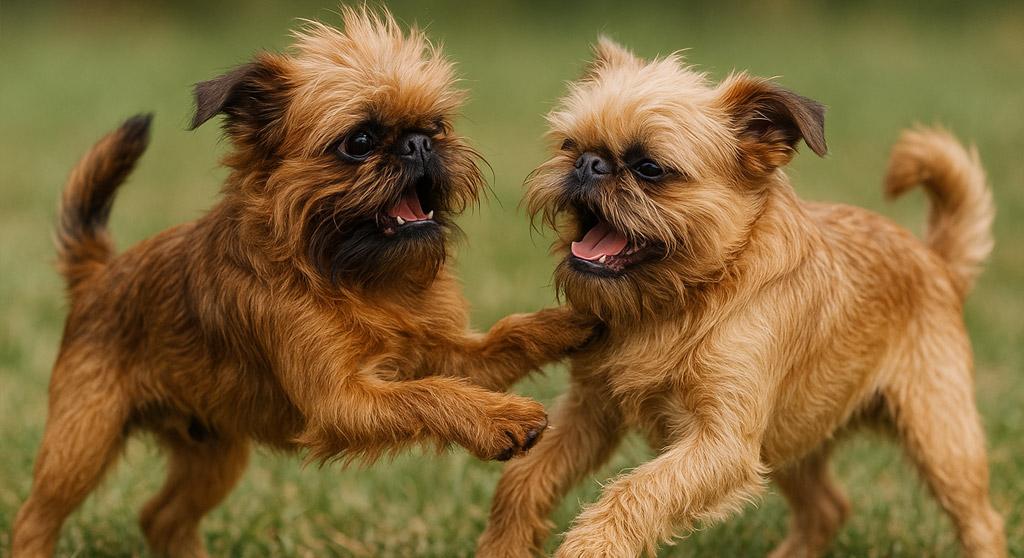
Meet the Brussels Griffon, a small dog with a big personality. These charming companions are known for their expressive faces and affectionate nature, making them a favorite among dog enthusiasts.
The Brussels Griffon, often referred to as the "Griff," is a toy breed that originated in Belgium. Despite their small size, they possess a sturdy build and a confident demeanor. Their distinctive appearance, characterized by a short muzzle and large, soulful eyes, has earned them comparisons to Ewoks from the Star Wars universe.
Breed Overview
Brussels Griffons typically weigh between 8 to 12 pounds and stand about 7 to 10 inches tall. They come in two coat types: rough and smooth. The rough coat is dense and wiry, while the smooth coat is short and glossy. Common coat colors include red, black and tan, and belge (a mix of black and reddish-brown).
Temperament and Personality
Griffs are known for their lively and affectionate nature. They form strong bonds with their owners and often prefer to be close to them, earning the nickname "Velcro dogs." Their intelligence and curiosity make them quick learners, but they can also be a bit stubborn. Early socialization and consistent training are key to managing their strong-willed tendencies.
Exercise and Activity Needs
While Brussels Griffons are energetic, their exercise needs are moderate. Daily walks and play sessions are sufficient to keep them happy and healthy. Due to their small size, they are well-suited for apartment living, but they still enjoy outdoor activities and exploring new environments.
Grooming Requirements
Grooming needs vary depending on the coat type. Rough-coated Griffs require regular brushing and occasional hand-stripping to maintain their coat's texture. Smooth-coated Griffs are easier to groom, needing only weekly brushing to remove loose hairs. Regular dental care, nail trimming, and ear cleaning are essential for both coat types.
Health Considerations
Brussels Griffons are generally healthy, but they are prone to certain conditions:
- Brachycephalic Syndrome: Due to their short muzzles, they may experience breathing difficulties, especially in hot or humid weather.
- Patellar Luxation: A condition where the kneecap dislocates, common in small breeds.
- Hip Dysplasia: Abnormal formation of the hip socket, which can lead to arthritis.
- Eye Problems: Including cataracts and progressive retinal atrophy.
Regular veterinary check-ups and a healthy diet can help manage these risks.
Training and Socialization
Early training and socialization are crucial for Brussels Griffons. They respond well to positive reinforcement techniques and enjoy mental stimulation. Introducing them to various people, pets, and environments at a young age helps prevent behavioral issues and ensures they grow into well-adjusted adults.
Nutrition and Feeding
Providing a balanced diet is essential for maintaining your Griff's health. Due to their small size, it's important to monitor their calorie intake to prevent obesity. Incorporating products like the LickMat and Pupsicle can make mealtime more engaging and help with portion control.
Is the Brussels Griffon Right for You?
If you're looking for a small, affectionate companion with a big personality, the Brussels Griffon might be the perfect match. They thrive in homes where they receive plenty of attention and are best suited for families without young children due to their delicate size. With proper care, training, and love, a Griff can be a delightful addition to your life.
For more information on products that can enhance your Griff's life, explore our Best Sellers Collection and Wellness Collection.

